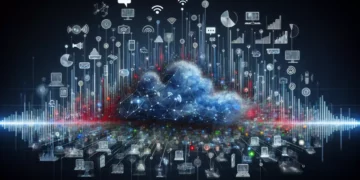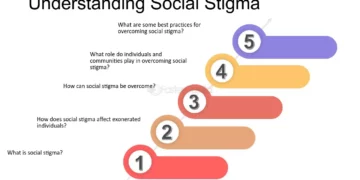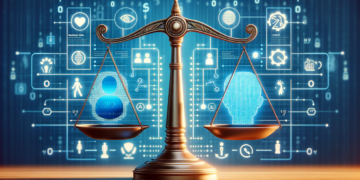
The Cultural Implications of Job Inflation in Corporate America
Job inflation in corporate America is reshaping workplace culture by introducing specialized roles that alter dynamics, expectations, and employee engagement. Companies must adapt by fostering collaboration, inclusivity, and well-being to enhance morale and retention, positioning themselves for success in a competitive labor market.

Youth Employment Trends: Resilience and Reinvention in Changing Environments
This article explores the evolving landscape of youth employment, highlighting the necessity for resilience and adaptability. It discusses the impact of automation, the rise of the gig economy, and the importance of skill development and networking in navigating modern job market challenges, ultimately empowering young individuals to thrive in their careers.

Work-Life Balance: A New American Dream or an Illusory Ideal?
The pursuit of work-life balance is increasingly vital in today's workplace, driven by technology, changing workforce expectations, and economic pressures. Employers play a crucial role by implementing flexible options and wellness initiatives, helping employees achieve harmony between professional and personal lives, which is essential for overall satisfaction and productivity.

The Remote Work Revolution: Redefining Professional Identity and Community
The article examines the profound impact of remote work on professional identity and community dynamics. It highlights the flexibility and global collaboration enabled by remote environments while addressing challenges like isolation. Organizations must foster inclusive cultures and adaptive leadership to sustain employee engagement and cultivate a sense of belonging in this evolving landscape.

The Impact of Automation on Employment: Fear, Resistance, and Adaptation
The article explores the complex effects of automation on employment, highlighting fears of job loss and resistance to change while emphasizing the potential for job creation and the need for skill transformation. It advocates for collaborative strategies among stakeholders to navigate these challenges and thrive in a technologically advanced workforce.

The Evolving Concept of Work: From Job Security to the Gig Economy
The article explores the shift from traditional job security to the gig economy, driven by technological advancements and changing workforce preferences. While gig work offers flexibility and diverse income opportunities, it also poses challenges like job instability and lack of benefits, highlighting the need for better worker protections and community support.

The Future of News Consumption: Adapting to an Age of Disinformation
The article explores the evolving landscape of news consumption in the digital age, emphasizing challenges like disinformation and algorithmic bias. It advocates for enhanced media literacy, diverse sourcing, and transparency in journalism to rebuild trust and foster informed public discourse amid the complexities of contemporary information sharing.

The Stigma of Unemployment: Cultural Narratives and Individual Shame
Unemployment carries significant stigma, deeply rooted in societal beliefs linking self-worth to productivity. This stigma can lead to isolation, mental health challenges, and strained relationships. To combat these effects, fostering empathy, open dialogue, and community support is essential for creating a more understanding environment for the unemployed.

Ethical Considerations in the Age of AI: Who Owns Our Information?
The article explores ethical challenges surrounding data ownership and privacy in the age of AI, emphasizing individual rights, corporate responsibilities, and regulatory frameworks. It advocates for user empowerment, informed consent, and inclusive governance, while highlighting the necessity of digital literacy to navigate the complexities of data utilization responsibly.

The Evolution of Digital Literacy: Preparing Future Generations for an Information-Driven Economy
As technology evolves, digital literacy becomes essential for personal and professional success. It encompasses skills like information retrieval, digital communication, and collaboration. Educational institutions and communities must work together to integrate these competencies, preparing future generations for an information-driven economy while promoting lifelong learning.